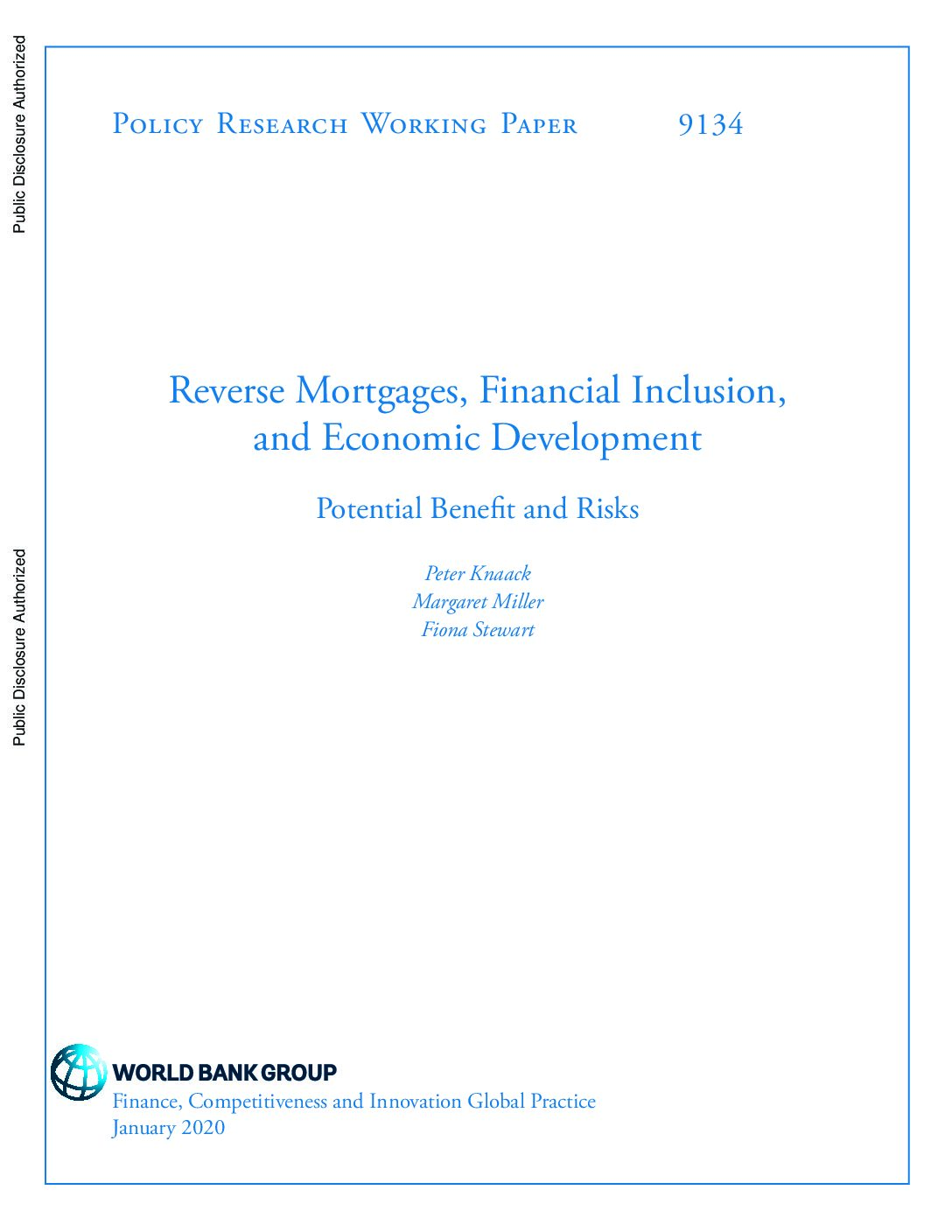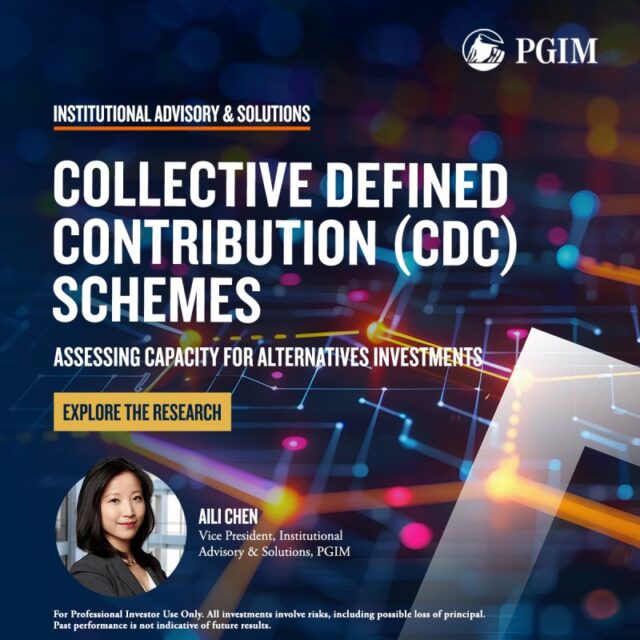Pension’s Resource-Time Trade-Off: The Role of Inequalities in the Design of Retirement Schemes
By Renaud Bourlès & Santiago Lopez-Cantor Public pension schemes serve as mechanisms for inter-temporal income smoothing and within-cohort redistribution. This paper examines the influence of income and lifespan inequalities on the structure of a democratically chosen pension scheme. We use a probabilistic voting model where agents vote on the size and the degree of redistribution (i.e. the Beveridgean factor) of pension and can supplement it with voluntary contributions. Our analysis reveals that when all agents can supplement the public scheme...










